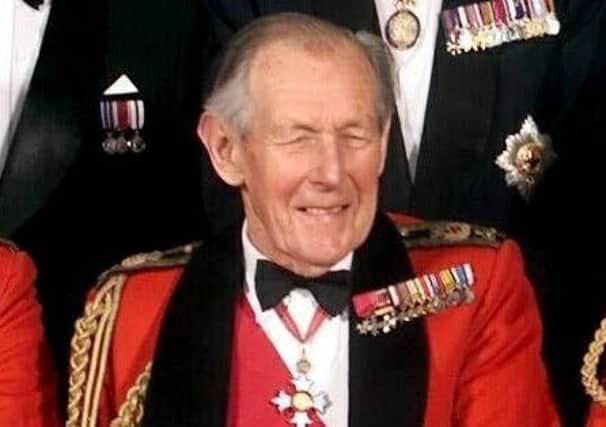In secret message, Army’s top officer proposed Irish unity


General Sir Mike Carver, who was Chief of the General Staff when he wrote the letter in 1972, set out an exceptionally blunt – and unusually political – assessment.
The ultra-sensitive five-page document was unearthed by Spotlight from government archives.
Advertisement
Hide AdAdvertisement
Hide AdGeneral Carver said that the IRA had “strengthened its military position, while we are losing contact and the military initiative. If we ever have to renew the battle with the IRA, we shall do so from a position less favourable than that of August 71. If we merely have to maintain our position, we are liable to suffer increasing casualties and to be forced to employ not only greater numbers of soldiers but also higher degrees of force merely to maintain that position.”
He went on: “If I am right, and we want a lasting solution, it must lie in finding a way in which HMG can gradually escape from the commitment to the border. The answer appears to lie with the plebiscite.
“It would have to be organised in such a way that it shows up the inequity of the existing border and leads to the situation which Lloyd George persuaded Arthur Griffiths and Michael Collins that it would (although he had already promised Craig and Carson that it would not) ie. one in which it made no sense for Belfast, Co Down and Co Antrim to remain separate.
“If this radical view is accepted, political discussions to erect a new Stormont or something in its place are a waste of time. Discussions, whether arising from an end to violence, a truce or a failure of the present policy, should centre on the plebiscite.”
Advertisement
Hide AdAdvertisement
Hide AdAnother solider, David Hancock, said that when loyalists attacked the Army on the Shankill Road “it was the first time that any of us...had been fired at by people carrying the Union Jack. It was a bizarre experience.”